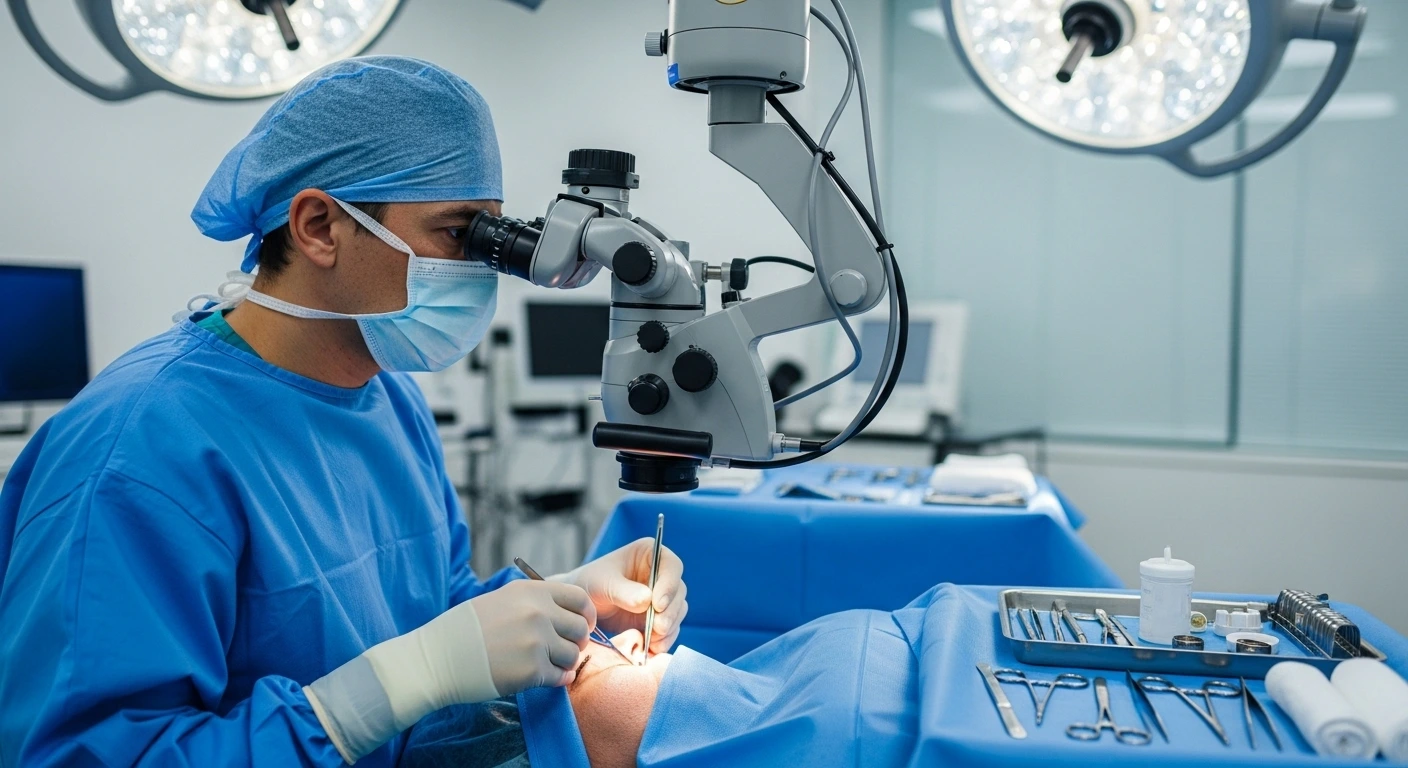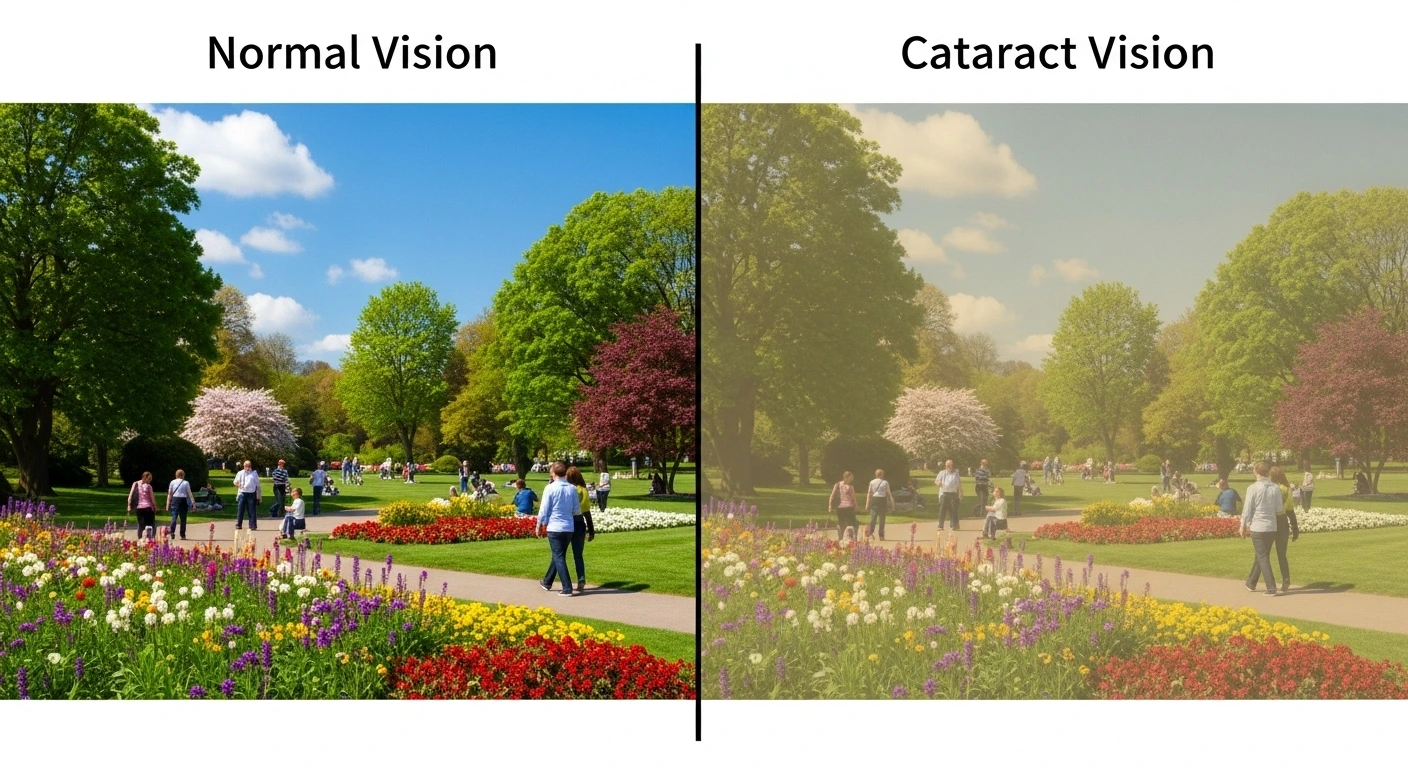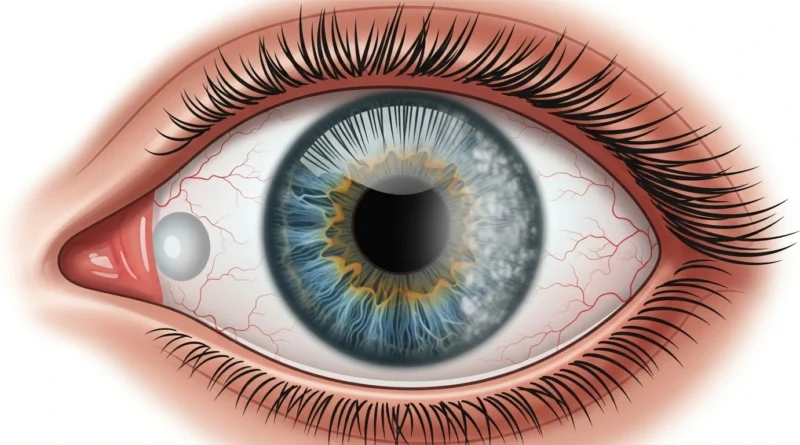How Long Does It Take to Go Blind from Cataracts: Stages, Symptoms & Expert Eye Care Tips
Cataracts continue to be one of the top reasons for vision problems around the globe, particularly in older adults. If you or a loved one has been diagnosed with cataracts, a common question is: How long does it take to go blind from cataracts?
That depends on several factors including age, health, stage of cataract development, access to treatment, and more. While cataracts may not cause you to go blind quickly, they can lead to severe vision reduction over time without any intervention.
In this article, we will discuss the stages, timeline, symptoms, treatments, prevention, and tips from trusted professionals.
What Are Cataracts?
A cataract is a clouding of the eye’s natural lens; a lens that normally focuses light clearly onto the retina. The lens is made up mostly of proteins. Over time, as we age, some of these proteins break down and clump together. This can cause vision to become blurry, foggy, or dim.
Cataract Information:
-
More than 65 million people worldwide have cataracts.
-
Cataracts are most common in individuals over the age of 60 but can start developing earlier.
-
Cataracts usually develop slowly over months or years, not days or weeks.
-
Currently, surgery is the only effective method to recover clear vision.
How Long Does the Process of Going Blind from Cataracts Take?
Cataracts develop at a gradual pace — it won’t be an overnight event. The timeline depends on how quickly the cataracts progress.
Stages of Vision Loss:
-
Early Stage: Little effect on vision. Mild blurriness or glare at night. Hesitation to drive at night.
-
Moderate Stage: Colors appear faded, vision is cloudy, and daily tasks (reading, driving) become harder.
-
Advanced Stage: Lens looks milky or opaque, vision significantly affected.
-
Untreated: Cataracts can lead to legal blindness within 5–15 years depending on progression speed.
Important Note: Blindness from cataracts is usually preventable because modern cataract surgery is safe and has very high success rates.

Stages of Cataract Development
Becoming familiar with the stages of cataracts helps you know when to seek treatment:
Early Cataract
-
Slight cloudiness in lens
-
Glare or halos around lights
-
Daily activities usually unaffected
Immature Cataract
-
Lens becomes more opaque and milky
-
Difficulty reading fine print and driving at night
-
Frequent eyeglass prescription updates
Mature Cataract
-
Significant vision loss
-
Lens appears cloudy and gray
-
Cooking, reading, and identifying faces become difficult
Hypermature Cataract
-
Lens completely opaque/cloudy
-
Can cause inflammation, pain, or total vision loss if untreated
Symptoms of Cataracts
Common symptoms include:
-
Blurred or cloudy vision
-
Sensitivity to bright light or glare
-
Difficulty seeing at night
-
Colors look faded or yellowed
-
Double vision in one eye
-
Frequent changes in glasses prescription
If you notice any of these symptoms, visit an eye care professional immediately.
Factors That Affect Cataract Development Speed
Not everyone develops cataracts at the same rate. Key factors include:
-
Age: Older people are at higher risk
-
Genetics: Family history increases likelihood
-
Health Conditions: Diabetes, hypertension, obesity
-
Medications: Long-term use of steroids
-
Lifestyle Habits: Smoking, heavy drinking, poor diet
-
UV Exposure: Excessive sun without sunglasses
Treatment Options for Cataracts
Currently, there is no medicine to reverse cataracts. The only solution is surgery.
1) Early Management
-
Stronger eyeglasses
-
Brighter lighting at home
-
Anti-glare sunglasses
-
Magnifying lenses for reading
2) Cataract Surgery
-
Outpatient procedure (15–30 minutes)
-
Cloudy lens removed and replaced with artificial intraocular lens (IOL)
-
Success rate: Over 95% of patients regain clear vision
When to Consider Surgery?
If cataracts affect daily life activities (driving, working, hobbies), surgery is recommended.
Cost of Cataract Surgery
-
Monofocal lenses (standard): $3,000 – $5,000 per eye (USA)
-
Multifocal or toric lenses: $4,000 – $7,000 per eye
-
Insurance/Medicare: Usually covers most standard surgery costs
Recovery & Aftercare After Cataract Surgery
Recovery is usually quick and smooth.
Immediately After Surgery:
-
Mild discomfort or itchiness
-
Slightly blurry vision (improves within days)
First Week:
-
Use prescribed eye drops
-
Do not rub your eye
-
Wear sunglasses outdoors
First Month:
-
Avoid heavy lifting & strenuous activity
-
Attend all follow-up checkups
Most patients resume normal activities in 1–2 weeks.
Prevention Tips – Reduce or Slow Cataract Progression
You can’t always prevent cataracts, but you can lower risk:
-
Wear UV-protective sunglasses outdoors
-
Eat an antioxidant-rich diet (leafy greens, carrots, citrus)
-
Quit smoking & limit alcohol
-
Manage chronic health conditions (like diabetes)
-
Get regular eye exams after age 40

Frequently Asked Questions (FAQs)
1. Can cataracts completely blind you?
Yes, untreated cataracts can cause legal blindness, but surgery restores vision in most cases.
2. How long before cataracts make you blind?
It usually takes 5–15 years for untreated cataracts to cause severe vision loss.
3. Is cataract surgery safe for seniors?
Yes. Even people over 80 or 90 years old can safely undergo surgery.
4. Can I get cataracts again after surgery?
No, but you may develop secondary cataracts (PCO), which are treated with a quick laser procedure.
5. Can I drive with cataracts?
Mild cataracts may allow driving, but advanced cataracts make driving unsafe.
Conclusion
So, how long does it take to lose vision from cataracts?
Cataracts develop slowly over years and don’t cause sudden blindness. However, untreated cataracts can eventually cause severe vision loss or legal blindness.
The good news: Modern cataract surgery is quick, safe, and highly effective.
Remember:
-
Have regular eye exams
-
Watch for early symptoms
-
Don’t delay surgery if vision affects your daily life
By taking timely action, you can protect your eyesight and enjoy healthy vision for years to come. If you want to know more visit on wikipedianews.

